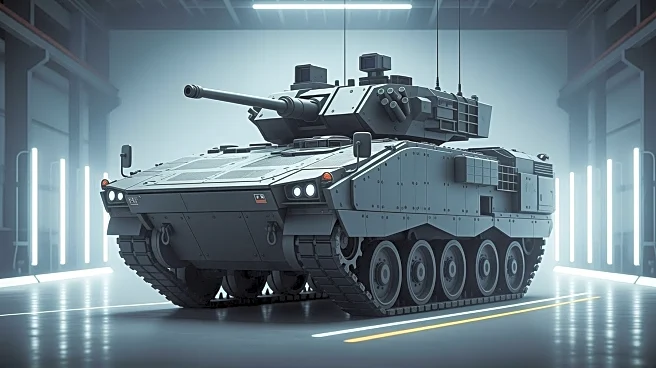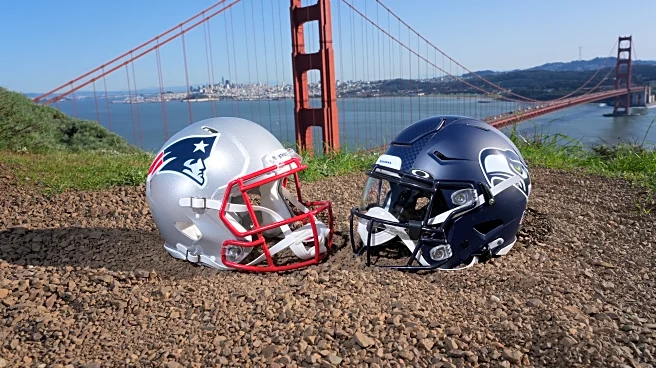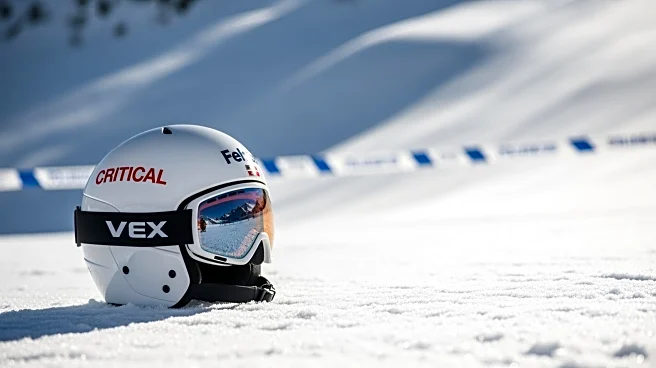What's Happening?
The OCCAR organization has finalized a €4.5 billion deal to produce 222 Schakal Infantry Fighting Vehicle (IFV) variants for Germany and the Netherlands. The Schakal IFV, based on the Boxer platform, features a Puma RCT30 uncrewed turret, enhancing its
combat capabilities. The agreement also includes upgraded driver training and ambulance Boxer variants for Germany, aiming to improve battlefield medical support. This investment is part of a broader push for standardization across European military platforms, reflecting lessons learned from the Ukraine-Russia conflict.
Why It's Important?
The deal signifies a major investment in military capabilities for Germany and the Netherlands, enhancing their defense readiness with advanced IFVs. The focus on standardization and commonality across European military platforms aims to streamline logistics and maintenance, potentially reducing costs and improving operational efficiency. The Schakal IFV's development reflects a strategic shift towards mobility and adaptability in military operations, influenced by recent conflicts. This move could strengthen European defense collaboration and interoperability.
What's Next?
The production of Schakal IFVs will proceed, with Germany and the Netherlands receiving the new vehicles. The deal may lead to further collaborations among European countries to enhance military capabilities and standardize equipment. The focus on common platforms could drive future investments in similar projects, fostering greater integration within European defense strategies. The lessons from the Ukraine-Russia war may continue to shape military procurement and development priorities.
Beyond the Headlines
The emphasis on commonality and standardization in military equipment reflects broader trends in defense strategy, aiming to enhance cooperation and reduce logistical challenges. The deal highlights the importance of adaptability in modern warfare, with platforms like the Boxer offering flexibility to meet diverse mission requirements. The investment in medical support variants underscores the growing recognition of battlefield healthcare as a critical component of military operations.
















